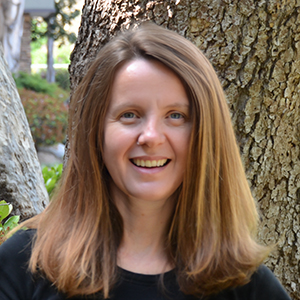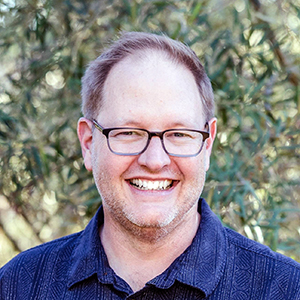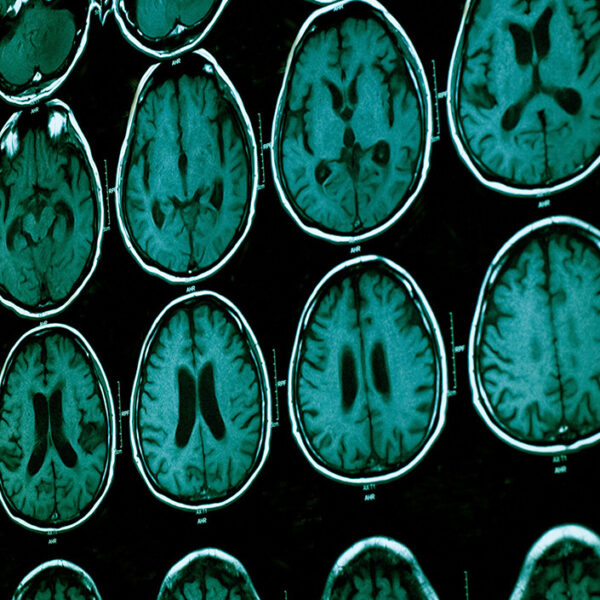
Co-Director, SDSU

Co-Director, UC San Diego
About the Program
The program provides outstanding education and training to scientifically oriented research professionals who will make significant contributions to clinical psychology in their areas of specialization. The program combines the scholarly resources and offerings from the Department of Psychology in SDSU’s College of Sciences and the Department of Psychiatry in UC San Diego’s School of Medicine.
As a clinical science program, we emphasize integrating research and practice in training, activities, and experience, allowing students to participate in clinical research activities throughout the program. The development of research skills and attitudes is the foundation of training; clinical psychologists will have duties encompassing teaching, research, diagnosis, treatment, consultation, and program evaluation and design, including applying research skills and knowledge to various areas and settings. Our doctoral program enables students to be at the forefront of developments and applications in clinical psychology.
The program includes an initial two-year core curriculum of formal instruction followed by additional experience/instruction in the student’s chosen major area of study. The SDSU/UC San Diego JDP in Clinical Psychology curriculum is based on a twelve-month academic year. Students typically complete the program within five to six years, including an American Psychological Association (APA)-accredited internship.
Completion of the core curriculum ensures that all students have a common background in:
- Empirical psychology (biological, cognitive, affective, developmental, and social bases of behavior).
- Conceptualizations of psychopathology.
- Theory and techniques of psychological assessment.
- Therapeutic interventions and therapeutic skills.
- Experimental design and statistics.
Clinical activities, integrated with formal instruction, begin in the second year. Students will acquire higher clinical proficiency through practicum placements at nearly 30 training sites supervised by SDSU/UC San Diego joint-doctoral faculty representing research and clinical expertise in virtually every topic relevant to clinical psychology.
Major Areas of Study:



Specialized training is conducted through seminars, tutorials, and extensive research and clinical experience under faculty supervision. The APA-accredited clinical internship typically occurs in the fifth or sixth year. Whenever possible, clinical practica and therapeutic activities are coordinated with the student’s progression through courses and research activities. Summers are utilized to offer more concentrated research and clinical training.
For more information about the three areas, visit our Major Areas of Study page.
Program History
The SDSU/UC San Diego Joint Doctoral Program in Clinical Psychology began in 1985, was first accredited by APA in 1990, and has been reaccredited consistently since then. Since 1949 and 1964, SDSU and UC San Diego, respectively, have been regionally accredited by the Western Association of Schools and Colleges (WASC) Senior College and University Commission. In addition, the School of Medicine at UC San Diego is accredited by the Association of American Medical Colleges (AAMC).
The program emphasizes and appreciates broadly defined human diversity and offers extensive opportunities for students to become involved in research and clinical activities focused on diverse, underserved populations.
Recently, rankings calculated by the National Research Council (NRC) placed the SDSU/UC San Diego joint doctoral program among the top five psychology programs in the country, regardless of whether they were clinical or nonclinical. Similar rankings have been reported by Academic Analytics in 2010 and by Stewart, Roberts, and Roy (2007).
This program is a good-standing member of the Council of University Directors of Clinical Psychology (CUDCP), the Academy of Psychological Clinical Science (APCS), the Council of Clinical Health Psychology Training Programs (CCHPTP), and the Association of Psychology Training Clinics (APTC). These organizations strive to provide quality education and training at the doctoral level, ensuring the doctoral program stays abreast of changes and developments in the field.
Questions related to the program’s accredited status should be directed to the Commission on Accreditation:

Office of Program Consultation and Accreditation
American Psychological Association
750 1st Street NE
Washington, DC 20002
Phone: (202) 336-5979
E-mail: apaaccred@apa.org

